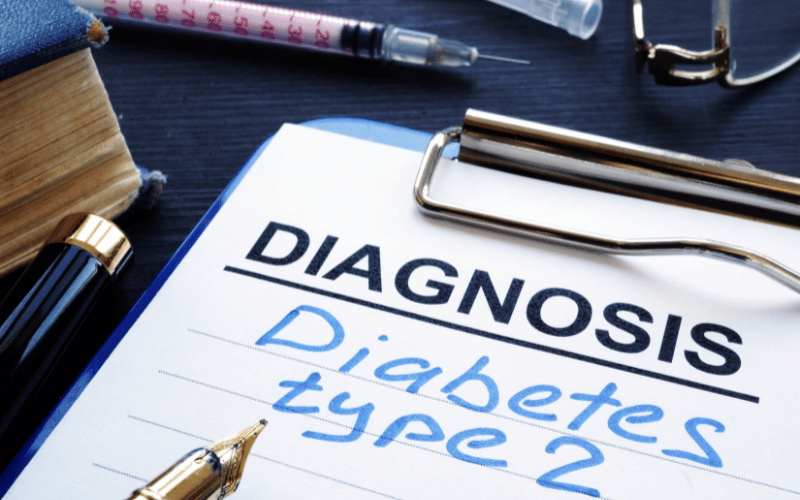Introduction: Understanding the Causes of Type 2 Diabetes
Type 2 diabetes, a chronic condition affecting millions worldwide, is often shrouded in myths, half-truths and misconceptions. As we embark on a journey to demystify this prevalent disease, it’s crucial to understand its root causes. This understanding not only helps in managing the condition better but also empowers individuals to take preventive measures.

The onset of type 2 diabetes is typically a combination of genetic, lifestyle, and environmental factors. Unlike type 1 diabetes, which is often hereditary and involves an autoimmune attack on the pancreas, type 2 diabetes develops over time and is heavily influenced by lifestyle choices. It’s important to recognize that while genetics play a role, they don’t seal one’s fate. Lifestyle modifications can significantly impact the likelihood of developing this condition.
Obesity stands out as a primary contributor. Excess body fat, especially around the abdomen, increases the body’s resistance to insulin, a hormone crucial for regulating blood sugar. This resistance is a pivotal step in the development of type 2 diabetes. However, it’s not just about weight. Diet and exercise are equally important. A diet high in processed foods and sugars, coupled with a sedentary lifestyle, creates a perfect storm for diabetes.
Age and ethnicity also contribute to the risk. As we age, the risk of developing type 2 diabetes increases, possibly due to the loss of muscle mass and a decrease in physical activity. Moreover, certain ethnic groups are more predisposed to the condition, highlighting the need for targeted awareness and prevention strategies.
In conclusion, understanding the causes of Type 2 diabetes is a multifaceted endeavor. It’s about looking beyond the surface, acknowledging the complexity of this condition, and recognizing the power of informed choices in shaping our health outcomes. As you delve deeper into the following sections, keep in mind that knowledge is the first step in taking control of your health and preventing or managing Type 2 diabetes.
1. Insulin Resistance: The Silent Progression to Type 2 Diabetes

Insulin resistance, often undetected, is a critical factor in the development of type 2 diabetes. It’s a condition where the body’s cells don’t respond effectively to insulin, a hormone crucial for regulating blood sugar. The development of insulin resistance is a gradual process, influenced by various factors, and it plays a pivotal role in the progression towards diabetes.
The development of insulin resistance is intriguing. Initially, the pancreas compensates for the reduced effectiveness of insulin by producing more of it. This silent battle goes unnoticed as blood sugar levels may remain normal. However, over time, the pancreas cannot keep up, leading to elevated blood sugar levels and the onset of type 2 diabetes.
Several factors contribute to insulin resistance, including obesity, a high-calorie diet, and physical inactivity. Excessive fat, especially in the abdominal area, disrupts the normal functioning of insulin. Furthermore, diets high in sugar and processed foods exacerbate this condition, amplifying the risk of diabetes.
Understanding insulin resistance is essential for diabetes prevention. Simple lifestyle changes, like regular exercise and a balanced diet, can significantly improve insulin sensitivity. Regular physical activity, for instance, helps muscle cells use glucose more effectively, reducing the burden on the pancreas.
Insulin resistance serves as a critical warning sign, a prelude to type 2 diabetes. By recognizing and addressing it early, individuals can take meaningful steps to prevent the progression to diabetes. It’s a journey that requires awareness and proactive health management, but one that can significantly alter the course of one’s health trajectory. (1)